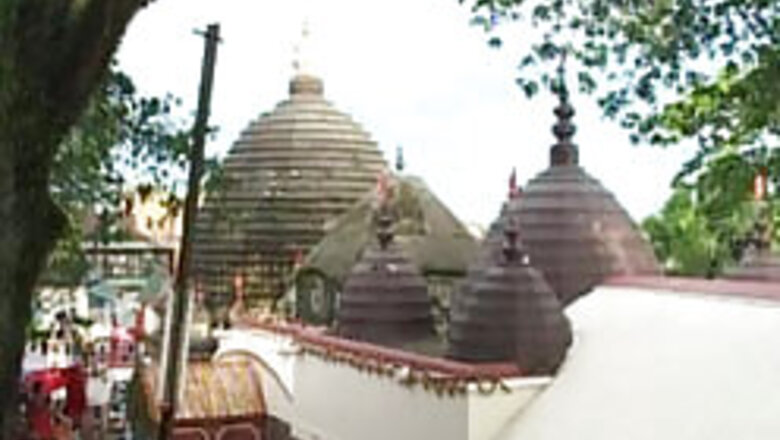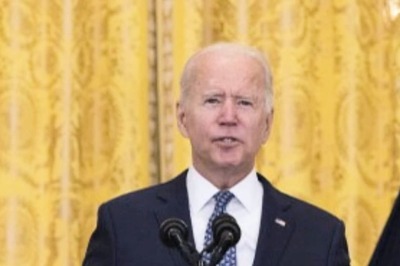
views
New York: It took coming to America for 13-year-old Samyuktha Shivraj to understand what it really meant to her to be Hindu.
Since she and her family came here five years ago, they have been more observant about practising their faith then they were in India. They go to their temple in Queens more often, she is a member of the youth club there, and there are more conversations about what the prayers she's reciting really are saying.
"When I say those prayers now, I actually know what it means," Shivraj said. "It's not just a mundane ritual routine that I'm doing."
It is a common refrain for Indians around the United States. The cultures in India and the US are so vastly different that practising Hinduism in America sometimes doesn't resemble practising Hinduism back home.
Temples act as a community hub and religious education centres in US. They offer language classes and tutoring. Young Hindus, like Shivraj, are attending Indian heritage camps.
Back in India, Hindus are so immersed in the religion and surrounded by fellow Hindus that there is no need for such services. Hindus pick things up and learn simply by taking part in all the rituals and traditions.
"To be Hindu in America is much more an intentional choice than it is in India," said Diana Eck, professor of comparative religion and Indian studies and director of The Pluralism Project at Harvard University. "Even if you're first generation, you have to decide if you perpetuate it or if you just kind of let it go."
With hundreds of millions of followers and texts dating back thousands of years, Hinduism is one of the world's largest and most well-established religions. But estimates put the number of Hindus in America at only about 1 million, making them a tiny, tiny minority in a predominantly Judeo-Christian country with nearly 300 million people.
That reality has created a challenge for Hindus here -- and for their temples and cultural organisations -- as they try to pass the faith on to a younger generation.
At the Ganesh Temple in Queens, founded in 1977 and one of the oldest temples in the country, there's a community centre that people can use for weddings, performances and other events; education activities from religious instruction to language lessons and academic tutoring; and the youth club that Shivraj is part of.
Those aren't elements commonly found at temples in India, said Dr Uma Mysorekar, one of the temple trustees. But in India, she pointed out, they don't need to be -- because Hindus are surrounded by their religion.
"We just observed and followed and never questioned," she said. When Indian immigrants started coming to the United States in larger numbers, in the years after the 1965 revamping of immigration laws, they carried their religious traditions on as best they could, meeting for prayers and worship at one another's homes, or renting public spaces, said Anantanand Rambachan, professor of religion at St Olaf College in Minnesota.



















Comments
0 comment